


45 Posts
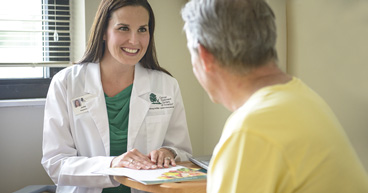
June 19, 2019
Geriatric oncology: Aging population raises concerns about surge in demand for cancer careResearchers fear the coming of what’s been dubbed a “silver oncologic tsunami” in the United States, worrying the medical community is not prepared to meet the needs of a rapidly aging population of cancer patients. Read more.
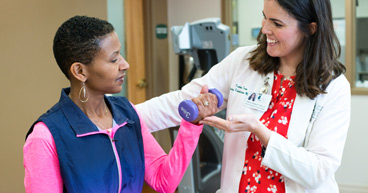
May 8, 2019
Physical therapy a critical component while recovering from breast cancer surgeryMany patients who undergo surgery often see a physical therapist as part of their recovery plan, especially if the procedure involved arms, legs or parts of the body that move or regulate movement.
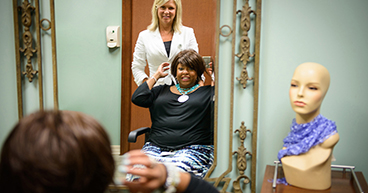
May 1, 2019
Tips for managing the emotional and intellectual side effects of cancerThe side effects of cancer aren’t just physical, but often impact how patients feel and, sometimes, think. Here are some tips for how to manage grief, depression, difficulty concentrating and other cancer-related challenges.

April 3, 2019
Cancer patients not immune from opioid addictionWhile media coverage surrounding opioid misuse in the cancer patient population is sparse, research does indicate that cancer patients are not immune to addiction. It is also clear that opioid prescribing rates among cancer patients are substantially higher than those of other patients.
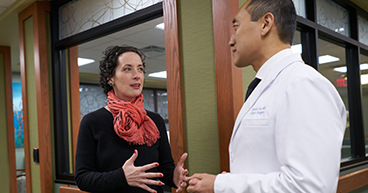
May 31, 2018
10 commonly asked questions about life after breast reconstruction surgeryNo matter how prepared you are for breast reconstruction surgery, you will still have questions for your doctor in the days that follow, and you should make sure to ask them before ever leaving the hospital, experts say.

April 26, 2018
Another concern for obese patients: Fat cells may hinder chemotherapy’s impactObese cancer patients often don’t respond as well to chemotherapy as patients who are not overweight. One study may explain why.

February 13, 2018
Pain management therapies relying less on opioidsIn the midst of a deadly opioid crisis, pain management doctors are increasingly turning to other therapies to control cancer-related pain with fewer side effects.
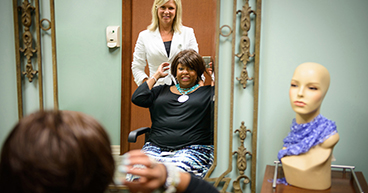
January 30, 2018
Improving body image in the new yearCancer not only threatens patients’ physical health; for many, it changes how they thrive in their everyday environment. Here are some ways to find new joy and a reinvented sense of self in 2018.

January 23, 2018
Cancer vaccines do exist, but don't expect the impossibleSince the first vaccine for smallpox was developed by English physician Edward Jenner in 1796, vaccines have prevented a variety of devastating maladies and saved millions of lives. The World Health Organization lists 26 available vaccines—for diseases from cholera to yellow fever—and another two dozen are in development for illnesses like malaria and the Zika virus. Not on the list of diseases targeted by current or potential vaccines: cancer. In fact, despite advances in medicine, and in cancer treatment in particular, one unfortunate scientific reality is that a universal vaccine to prevent cancer will likely never be developed.
Guidelines
The information contained in this blog is not intended nor implied to be a substitute for professional medical advice. Always seek the advice of your physician or other qualified health provider prior to starting any new treatment or with any questions you may have regarding a medical condition. Nothing contained in the blog is intended to be used for medical diagnosis or treatment of any illness, condition or disease.